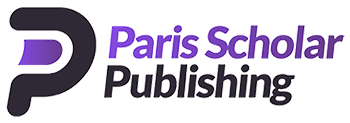The full article is available as a PDF download.
Authors:
Aija Klavina, PhD
Viktors Veliks, PhD
Anna Zusa, PhD
Juris Porozovs, PhD
Aleksandrs Aniscenko, MSc
Luize Bebrisa-Fedotova, MSc
Objective:
In this study, we explored Internet use-associated psychosocial behavior problems in relationship to adolescents’ subjective health complaints and healthy lifestyle habits.
Methods:
A cross-sectional sample of Latvian adolescents (N = 570, age range 11-19 years) completed a survey. Problematic Internet use (PIU) was assessed by the Problematic and Risky Internet Use Screening Scale (PRIUSS) that measures social impairment, emotional impairment, and risky/impulsive Internet use. Subjective health complaints assessed were somatic complaints and psychological complaints. Healthy lifestyle behaviors assessed were daily physical activity, time spent using information technologies (IT), eating habits, and sleep duration.
Results:
We found that 27.02 % (N = 154) of the participants scored at risk for PIU with significantly higher PIU mean scores in 15-16-year-old girls (p <.05). Also, 15-16-year-old girls reported significantly higher prevalence of subjective health symptoms than boys and girls in other age groups (p < .05). There were statistically significant associations between PIU-related psychosocial behaviors and subjective health complaints and limited physical activity (p < .01).
Conclusions:
PIU behaviors, subjective health complaints and lack healthy lifestyles were common in adolescents in this study with a significantly high prevalence in 15-16-year-old girls.
Source: Health Behavior and Policy Review, Volume 8, Number 5, September 2021, pp. 451-464(14)
Publisher: Paris Scholar Publishing Ltd.
DOI: https://doi.org/10.14485/HBPR.8.5.6
